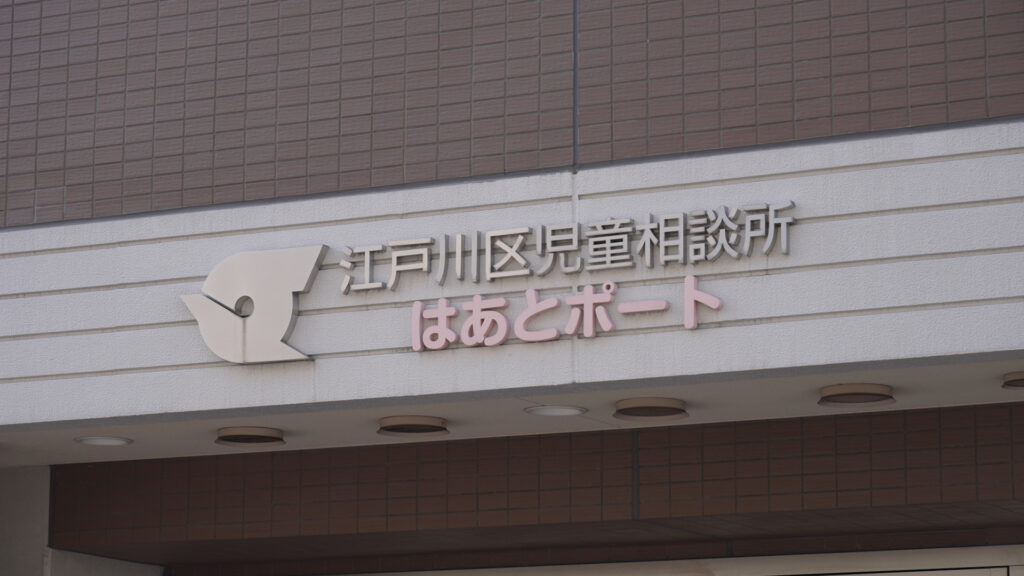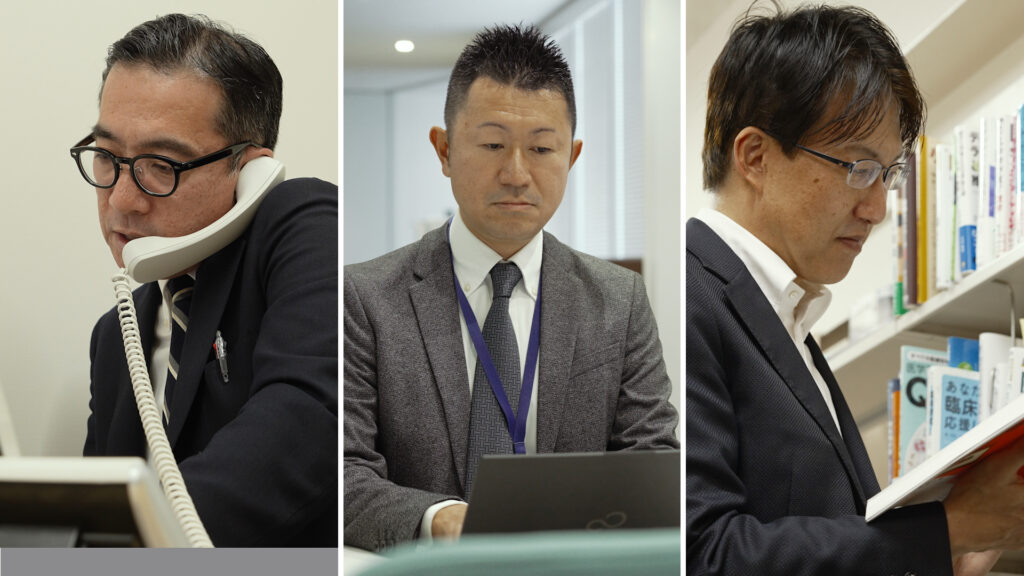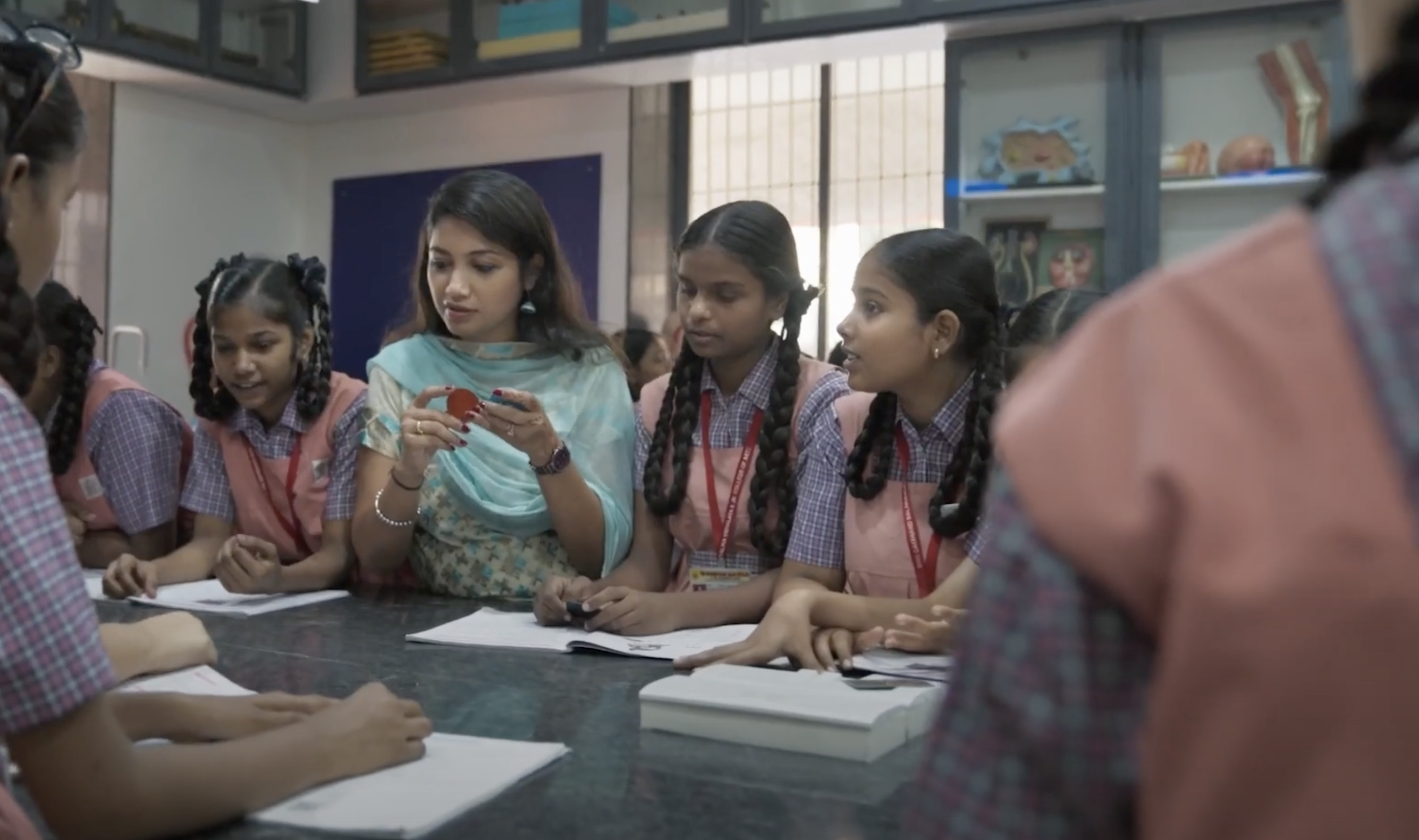October 8th, 2024
3 min read
NTT’s unique AI initiative helps protect children’s lives
UNICEF estimated in November 2024 that more than one billion children had experienced physical abuse by caregivers. So, it should come as no surprise that healthcare professionals require more support than ever to protect children’s lives. In fact, when the WHO released the report “INSPIRE: Seven Strategies for Ending Violence Against Children” in 2016, it included strategies specifically to improve response and support services by healthcare professionals.
In Japan the number of professional health consultations needed for child abuse has never been higher. There is more pressure than ever on child guidance centers, which are located throughout the country and responsible for handling incoming calls and reports of child abuse, along with the treatment of victims of abuse.

Using technology to better support child victims of abuse
Time is of the essence to provide aid to children who are found to be experiencing abuse. Experts know the sooner a report is acted upon, the better the potential outcome for the child. That’s why the intake process of an abuse report is critical. It requires detailed telephone consultations, notifications, and coordination that result in a high workload for staff handling telephone responses and record-keeping.
Edogawa City Child Guidance Center, located in the Tokyo metropolis, decided to address this workload issue by bringing together the Center’s operations leadership, an academic expert in child welfare, and an IT expert from NTT. This approach and partnership were a first in Japan. Together, they created a plan to address the urgent operational need to improve efficiencies and support more rapid response and treatment for children facing abuse. This included the implementation of NTT call center AI technology for the first time ever in a child guidance center.
The goal was to enable staff to spend more time on the direct primary care of the children and their guardians, and reduce the time spent on the front-line administrative tasks of patient intake by implementing AI technology to document calls and generate replies.
How AI was implemented in a child guidance center
There was an initial concern that introducing AI to critical operations related to children’s lives could have a negative impact. No precedent existed at the time for using AI technology in an environment as sensitive as a child guidance center.
NTT started its process by meeting with the health professionals to understand what the guidance center does for its patients, how it provides services, and the challenges faced every day in providing those services. NTT examined the existing telephone systems and identified problems that needed to be addressed and streamlined. Perhaps the most important part of implementing an AI call system was teaching the AI engine the terms and language used by healthcare professionals who work in child abuse treatment and prevention. Accuracy and attention to detail is vital when dealing with the lives of these children. If the AI system couldn’t be trusted to capture and create information, then the role of documenting calls would have to remain with the Center’s staff.
In January 2022, the new AI call center solution was officially rolled out at Edogawa City Child Guidance Center, resulting in changes to how the staff worked and interacted with children and their guardians. NTT visited the Center often to follow up, conducting interviews and surveys, to provide individual guidance to staff according to usage and proficiency.

Improving lives through AI
The Center met its goals – the AI system lightened the workload of calls and documentation, freeing up approximately 20 hours per month for each staff member to focus on the essential work of treating and supporting victims. The system is trusted to generate important notices and auto-replies, as well as auto-checks of interview content, because calls can now be saved in text format.
The AI system has changed the culture and impact of the Center. For example, calls of high importance or urgency are immediately escalated to supervisors, enabling early detection of abuse and a swift response. Now call content is immediately shared with supervisors and staff, fostering a culture of support and assistance among the entire team, which reduces psychological stress and boosts motivation. And the system is easy enough to learn that staff with less experience can manage it.
As a result of its impact, the AI-driven call system at Edogawa City Child Guidance Center was named one of three MVP Award winners at the 2024 NTT Group Sustainability Conference Awards, cited as an exceptional NTT project due to its outstanding contributions.
The legacy of this project is profound, as everything learned in the implementation and the improved technology is being shared across all child guidance centers in Japan, helping with earlier detection and preventing further abuse. And many of Japan’s public institutions that face similar operational efficiency issues of being overwhelmed by administrative work can now see how NTT’s AI technology can change how people work to help them focus more time on primary tasks.




